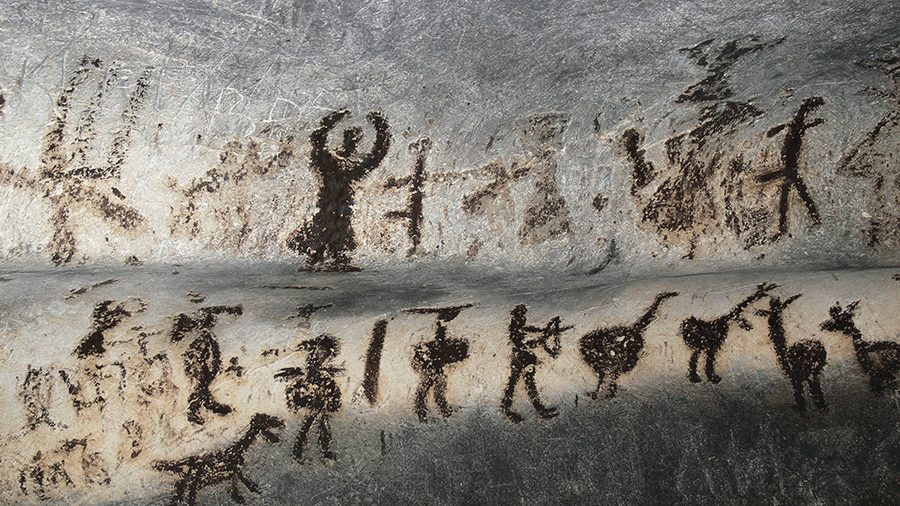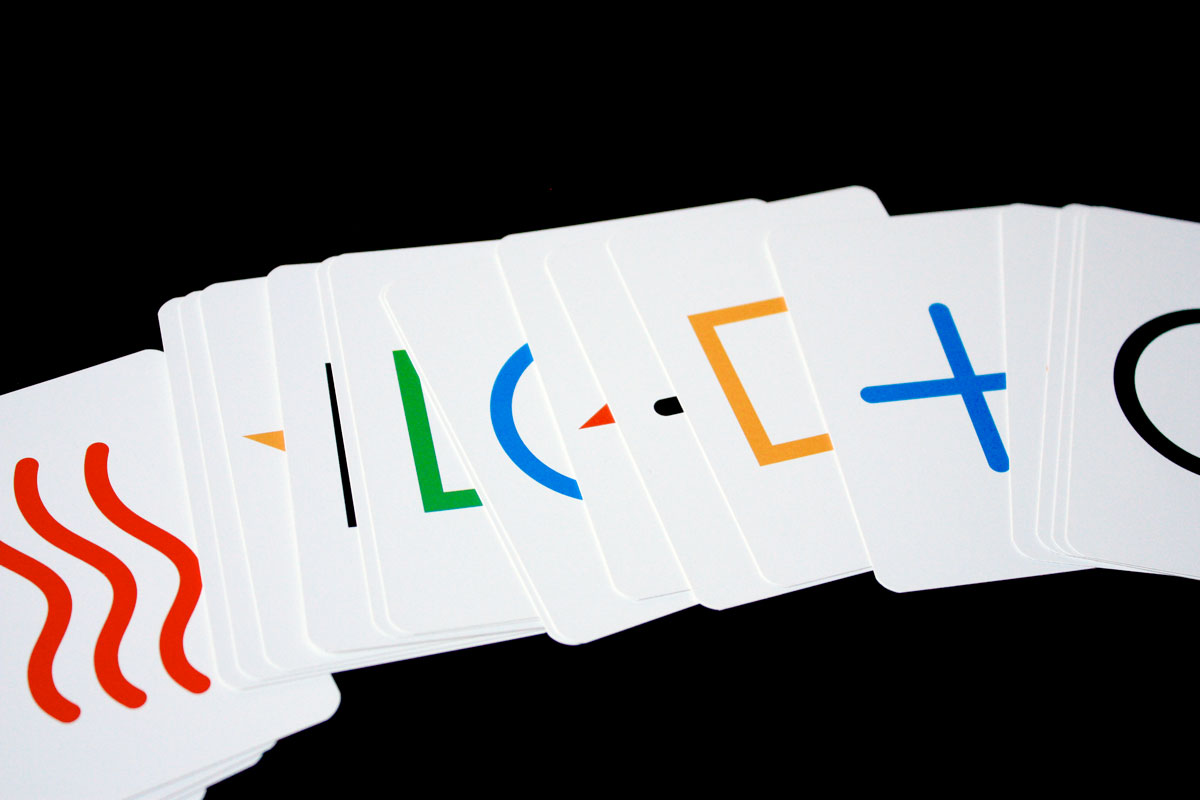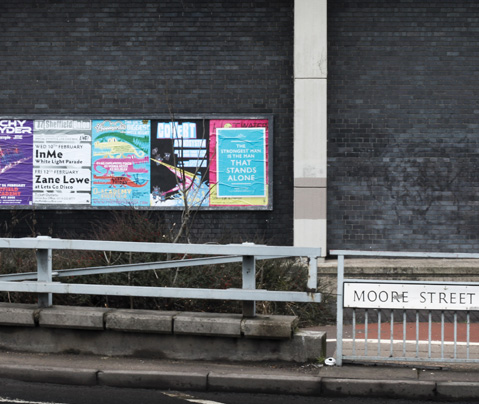-
Using stories in user experience architecture

There are lots of things to focus on when you’re designing something. I think there are three layers of abstraction to most digital design challenges. The simplest is the interface – deciding what things look like. Interaction design turns 2d designs into something with both form and function. But there is another layer – the…
-
Heuristics isn’t a dirty word

Jargon annoys me. Especially when someone tries to “namify” a process in a way that seeks to own and obscure the method rather than reveal it. I’d love to find it funny and be flippant that professional practise gets obscured by jargon. But too often giving a name to a process implies that the thing…
-
You don’t get anything for free

We’re doing more and more with content these days. There was a time when you wrote a page for the web and that was that. Hyperlinking created the webbyness of the net. But basically, a page was on the web, with a URL to locate it, and that was that. Since search engines came along…
-
Managing information
Content management systems, digital rights management technologies, search and user experiences all rely on well organised content. As a way of categorising content, taxonomy and vocabulary management helps you to stay organised and create smooth and intuitive user experiences. I strongly believe that information architecture needs to help both clients and systems make the most…
-
Content management and systems
As an information architect and content manager, I spend time getting to know the priorities and working practices of the clients I work with. Content comes in lots of formats, flavours, shapes and sizes and finding a way to shape the messges of a client to the audience they’re trying to reach can be one…
-
Magic, information and interaction design

All projects require a focus on the result you need to achieve and the audience that the product is being designed for. It’s only then that you can combine and negotiate the needs of both client and audience to ensure that they intersect and the solution is a success. That’s a bit of a jargon-laden…
-
Off-page SEO
Link building Search engines judge each link to a page from another page or site as a vote for the page. Search engines are really just big popularity contests – the more links you get the better. It is not just the number of links that are important, but also the quality. Quality is determined…
-
Keyphrases, not keywords
Around 33% of all searches are for two-word combinations, 26% for three words, and 21% for four or more words. Just 20% of people search on single words. Search engines such as Google attribute more relevance when there is an exact phrase match on a web page (a phrase that matches the user’s search term),…
-
SEO – art or science?
I think content on the web should twinkle and sparkle, so that when a user finds it they’re sure that it’s what they were looking for. Some people say that search engine optimisation (SEO) is a bit like throwing mud at a wall – and that the more you throw, the more chance you have…
-
Tourism site – Sheffield Theatres

The Forgiftede Lodge site is part of the Rehearsal Room for Sheffield Theatres’ production of An Enemy of the People. The copy on the site is playful and subtly introduces the themes and elements of the narrative so that the audience can enjoy the content before they see the production and bring that knowledge to…
-
The Rehearsal Room – Sheffield Theatres

Before every production, actors and directors spend time in a real-life rehearsal room. They focus on the story they’re going to tell and understand the characters and places that will be brought to life. Now, in the digital Rehearsal Room, you can do the same. The Rehearsal Room isn’t just online – its a website…
-
Importance of scripting the user
[blockquote]Stories have the felicitous capacity of capturing exactly those elements that formal decision methods leave out. Logic tries to generalise, to strip the decision making from the specific context, to remove it from subjective emotions. Stories capture the context, capture emotions… Stories are important cognitive events, for they encapsulate, into one compact package, information, knowledge,…
